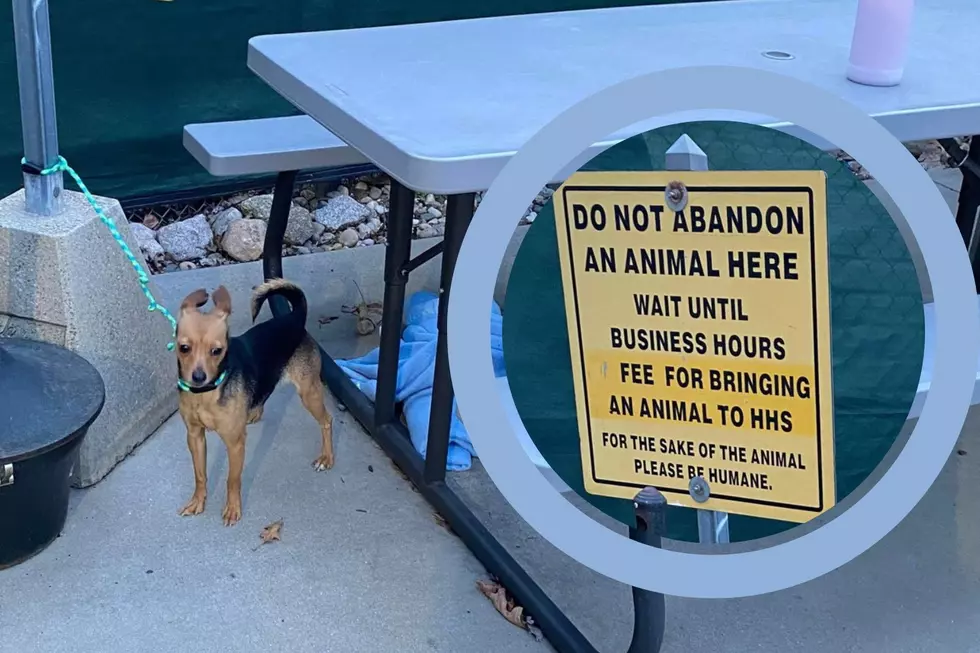
My Facebook ‘Year in Review’ Mostly Just Reminded Me That My Dog Died
By now you've probably shared your Facebook Year in Review video for all of your friends and family to see. It's purpose is an okay one - to allow us to reminisce over the highlights of our year. Unfortunately, though, it's all calculated by some sort of Facebook algorithm, and algorithms can't tell when something is sad. While most people's highlights included a wedding or a trip, others contained more devastating highlights - for me, that was the death of my dog.
I can't say that I'm surprised that this happened. Last year my Facebook Year in Review video reminded me of the tragic loss of my cousin. Maybe it's just that I've experienced a lot of loss in a short period of time, but sometimes it feels like Facebook just wants to make me sad. The loss of Harry was still pretty fresh in my mind (he passed away on November 21), and, you know, I didn't need another reminder.
Writer and web design consultant Eric Meyer also had a disheartening experience with the Year in Review, when it brought back a wave of painful memories associated with the death of his young daughter from brain cancer earlier this year. He writes:
To show me Rebecca's face and say "Here's what your year looked like!" is jarring. It feels wrong, and coming from an actual person, it would be wrong. Coming from code, it's just unfortunate. These are hard, hard problems. It isn't easy to programmatically figure out if a picture has a ton of Likes because it's hilarious, astounding, or heartbreaking.
Algorithms are essentially thoughtless. They model certain decision flows, but once you run them, no more thought occurs. To call a person "thoughtless" is usually considered a slight, or an outright insult; and yet, we unleash so many literally thoughtless processes on our users, on our lives, on ourselves.
Meyer then suggested some fixes: making sure a user wants to see certain pictures regardless of likes, offering a preview of the Year in Review, and building apps with the worst-case scenarios in mind.
Jonathan Gheller, the product manager for the "Year in Review" app says he reached out to Meyer, and apologized for any pain it may have caused. He told The Washington Post:
It's valuable feedback. We can do better — I'm very grateful he took the time in his grief to write the blog post.
Obviously, Facebook didn't mean to make users of the app sad, and I'm glad to see that they're taking people's critiques seriously, but it sucks that it took people pointing out that they were being reminded of heart-wrenching situations that happened throughout the year for the weakness in the algorithm to be noticed in the first place.
More From Mix 95.7









